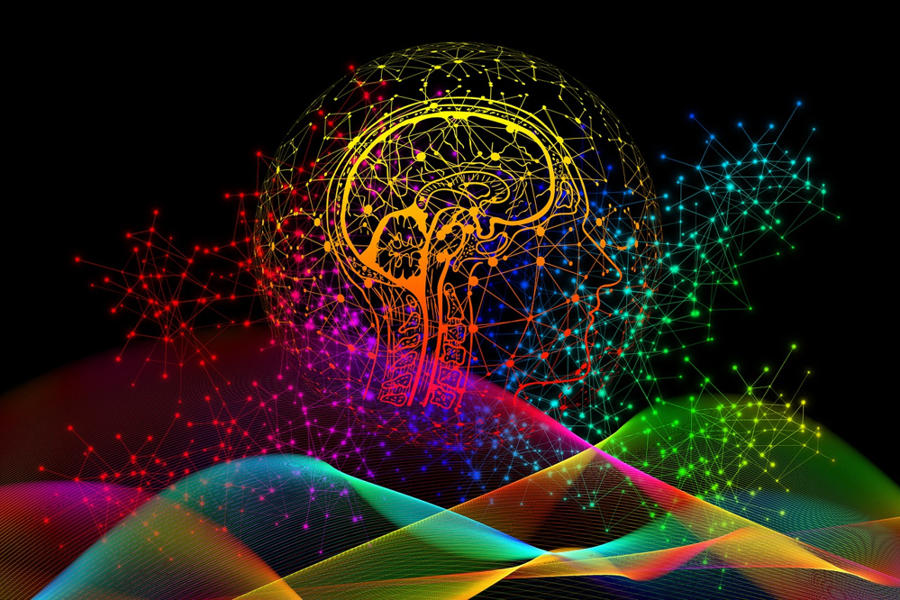
Every day search engines like Google give us thousands of solutions and facilitate our lives. Do they also affect our brains? It seems so, according to a new study that points out the negative consequences of the ‘google effect’ and claims that the Internet has a direct impact on how our memory works.
The research, conducted by psychologists of Columbia and Harvard Universities, is the first of its kind to examine the effect of search engines on human memory.
According to a co-author of the study, Betsy Sparrow, search engines change our way of memorizing and remembering things.
The results published in the Science magazine suggest that the way our brain “saves” various data has changed significantly because of our “confidence” that makes us believe that we can always find the necessary information online.
The researchers claim that the Internet has now become a dominant form of transactive memory – recollections that are “outside” of our minds, but we know where and how we can access them. Previously, this role belonged to books. Today the Internet shows an even more powerful presence in our lives.
The survey was based on four different experiments that examined:
The results, say the researchers, indicate a significant change in the way our memory operates. As shown, most participants demonstrated a tendency to forget the things they were sure to find on the Internet and to remember those they couldn’t find online.
Also, it was revealed that people remembered better where they could find something on the Internet rather than the information itself.
Does it mean that we are becoming more “stupid” and “sophomoric” or that we are dealing with more “useful” knowledge? This aspect of the ‘google effect’ is a matter of another, much larger debate among experts.
View Comments
wiki is bad
thank u for info